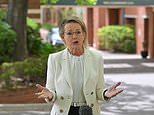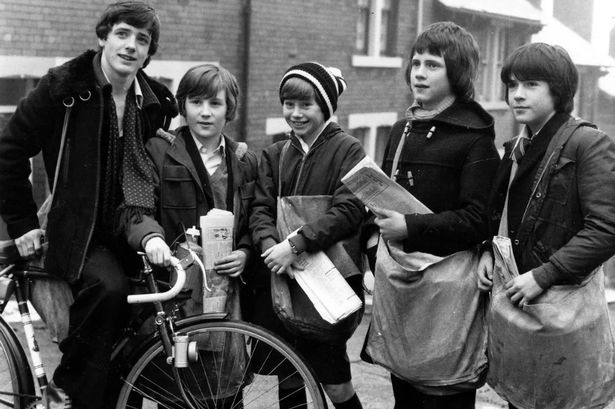UPDATE: In a dramatic turn of events, Coalition Senator Andrew Bragg has issued an ultimatum that could reshape Australia’s climate policy as pressure intensifies on Opposition Leader Sussan Ley. The Liberal Party is facing a critical juncture regarding its commitment to the Paris Agreement and net-zero emissions by 2050.
Political infighting has escalated within the Coalition, with Bragg warning that abandoning international climate goals would align Australia with nations like Azerbaijan and Iran. His comments come as the party prepares to potentially follow its junior partner, the Nationals, in scrapping its climate targets. This urgent debate is set to unfold in Canberra during meetings scheduled for mid-week.
Bragg, a prominent Liberal frontbencher, emphasized the importance of maintaining Australia’s position in the Paris Agreement. He stated, “If we left Paris, we’d be with Azerbaijan, Iran, Syria, you know, and a few other baddies. Australia needs to be in Paris, in my opinion.” He also threatened to resign from the shadow cabinet if the party reversed its stance on emissions reduction.
The mounting pressure on Ley comes as the public increasingly demands accountability from political leaders on climate action. Recent polls indicate a growing sentiment among Australians that the country must take a responsible role in reducing emissions, particularly following significant electoral losses in urban seats.
As discussions heat up, Opposition energy spokesman Dan Tehan has suggested that the Coalition may consider extending the life of existing coal-fired power plants as part of its long-awaited climate and energy plan. Tehan remarked, “We need to make sure that we’re sweating those coal assets … and also that we can get more gas into the system much more quickly.” This approach indicates a potential shift toward supporting fossil fuels, raising concerns among party moderates.
Bragg’s comments reflect a broader struggle within the Liberal Party, as members grapple with the ramifications of the party’s climate stance. He stated, “Australia cannot set out its own international standard.” Instead, he called for a strategic plan to achieve net-zero emissions over the medium to long term.
The urgency of this situation cannot be overstated. The Liberal Party’s formal position on climate policy will be finalized shortly, with significant implications for Australia’s international reputation and domestic political landscape. Ley’s leadership is under scrutiny, with some questioning whether she can navigate these turbulent waters effectively.
In a supportive gesture, Tehan backed Ley, stating, “The majority in the party room said … she was the person that should lead us to the next election.” However, the need for a cohesive policy platform is crucial following the party’s most significant electoral defeat since World War II.
As this story develops, all eyes will be on the upcoming meetings in Canberra, where the future of Australia’s climate commitments hangs in the balance. Will the Liberal Party choose to align with international climate goals or pivot towards fossil fuel reliance? The decision made in the coming days will have lasting consequences for both the party and the nation.







